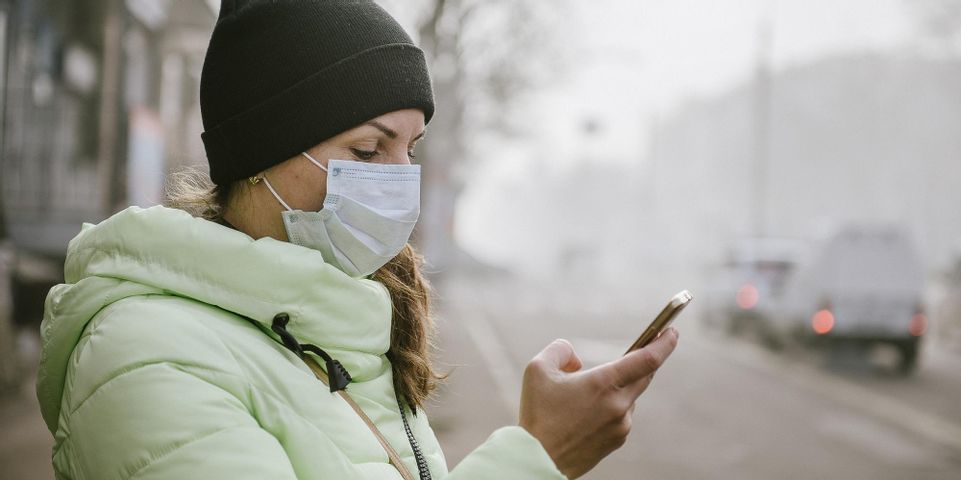
Health care officials around the world are on high alert against coronavirus (COVID-19)—a new epidemic sweeping Asia, Europe, and parts of North America. Just over a dozen confirmed cases have already been reported in the United States, and, as a result, people are exercising caution. Here’s what you need to know about the potentially deadly virus and how to protect yourself.
What Is the Coronavirus?
You might be surprised to learn that coronaviruses are relatively common, as most adults have already had at least one case throughout their lifetime. COVID-19 is a previously unknown strain of the virus that started to emerge at the end of 2019 in Wuhan, China. Since then, there have been nearly 71,000 confirmed cases across 27 countries.
What Are the Symptoms?
Most forms of the coronavirus produce cold-like symptoms, including a runny nose, headache, cough, fever, malaise, shortness of breath, and sore throat. Severe cases can develop into bronchitis or pneumonia, which could be deadly, especially among people who are immunocompromised.
 Researchers are still trying to pinpoint when symptoms first appear after exposure. However, in general, the Centers for Disease Control and Prevention (CDC) warns that symptom onset could begin anywhere from two to 14 days after infection.
Researchers are still trying to pinpoint when symptoms first appear after exposure. However, in general, the Centers for Disease Control and Prevention (CDC) warns that symptom onset could begin anywhere from two to 14 days after infection.
How Can You Stay Safe?
At this time, the CDC believes Americans have a relatively low risk of encountering COVID-19, but they recommend avoiding people who exhibit cold-like symptoms. If you’re concerned about exposure, you can take additional measures to protect yourself by washing your hands frequently, wearing a face mask in public, and limiting your travel outside the country and in areas with a high population density. When washing your hands, scrub for at least 20 seconds with soap, and rinse and dry thoroughly.
What Should You Do if You Exhibit Symptoms?
The CDC recommends staying home if you’re sick and avoiding exposure to other people. Over-the-counter NSAID medications, such as ibuprofen or naproxen, can relieve muscle soreness and control fever. Drink lots of water and use a humidifier to soothe your sinus passages.
If your condition changes, see a health care provider right away. Before traveling to a clinic, put on a face mask to protect the people around you. During the examination, your doctor might test for the flu. If these tests are negative, they'll report the case to the CDC.
The COVID-19 coronavirus is dominating news coverage right now, but you’re far more likely to get a cold or flu at this time of year. If you have an uncontrolled fever, have trouble breathing, or develop a cough, see a health care provider for evaluation. Carolina Doctors Med Care in Sanford, NC, offers urgent care walk-in appointments, and can help get you on the road to recovery. To learn more about their services, including cold and flu treatment, visit their website. To receive compassionate health care today, call (919) 774-3680.
About the Business
Have a question? Ask the experts!
Send your question

